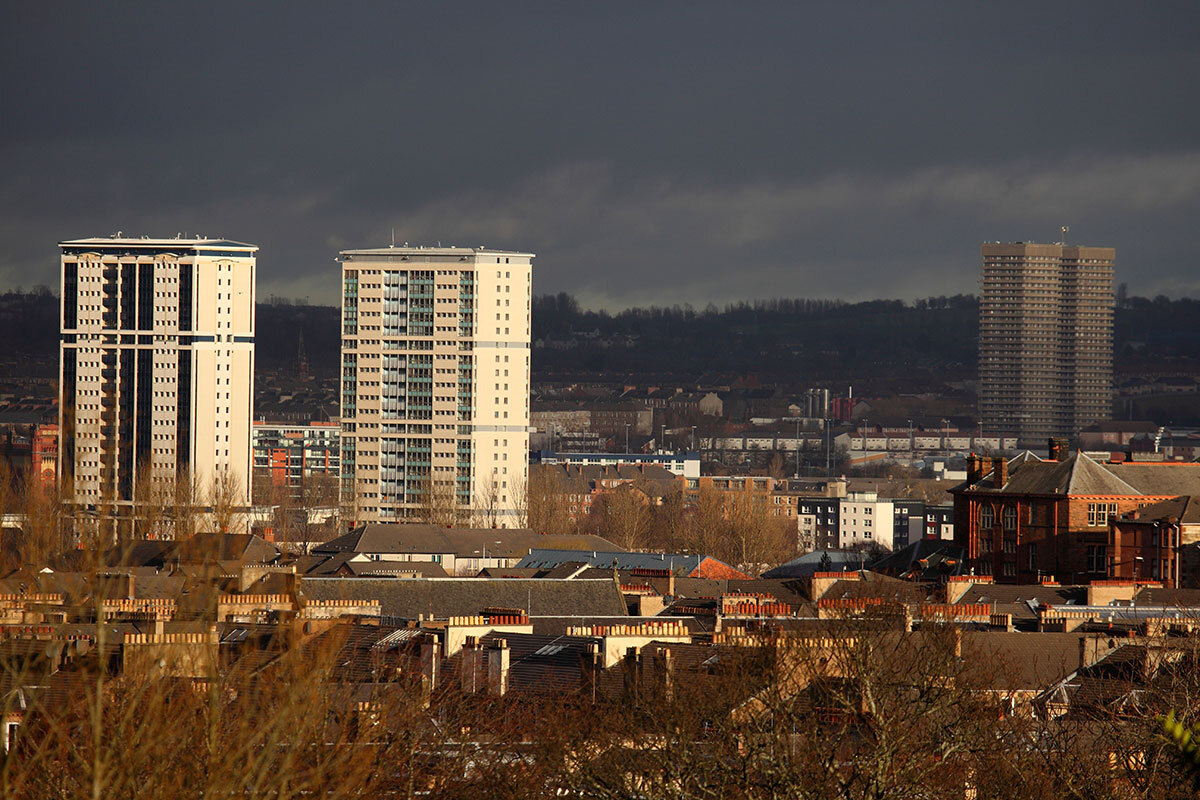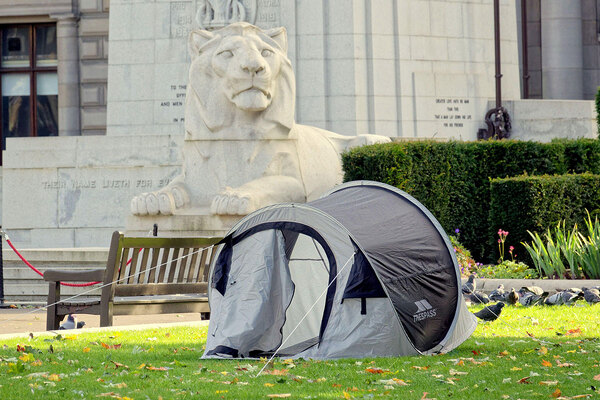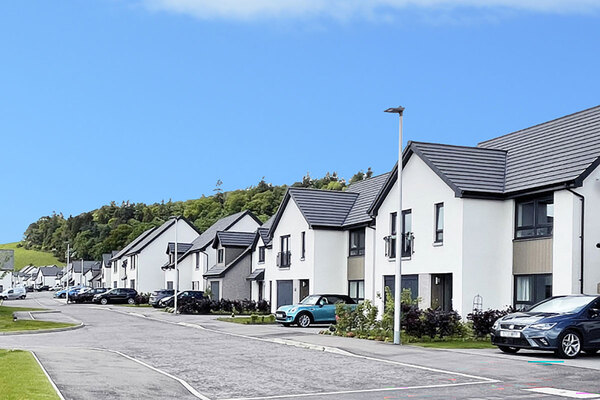You are viewing 1 of your 1 free articles
Scottish landlords’ financial position ‘weaker than it has been for some time’
Scottish landlords’ financial position is “weaker than it has been for some time”, the country’s housing regulator has said.
The Scottish Housing Regulator’s report on landlords’ audited financial statements for 2022-23 revealed that several factors – including high inflation, material and labour shortages exacerbated by the war in Ukraine, and below-inflation rent increases – continued to impact their performance.
The report said: “Overall, the aggregate financial position of RSLs is weaker than it has been for some time. While RSLs withstood the difficult economic and operating conditions in 2022-23 and overall liquidity remains strong, individual RSLs have reduced financial headroom and their financial capacity to respond to further challenges is diminished.”
The regulator said the scale of the financial challenges faced by Scottish housing associations since March 2023 “remained significant”, reflecting the “continuing difficulties and volatility in their operating environment”.
It said the increasing financial pressures of building safety, decarbonisation and investment in current homes also reduces the financial capacity of landlords to respond to any further unforeseen events.
In 2022-23, landlords’ turnover increased by 4.28% to £1.99bn, while affordable lettings turnover rose by 6.81% to £1.7bn, contributing 88.36% of total turnover.
That includes gross rent receivable and service charges of £1.54bn, a rise of 4.89%.
Operating costs increased by 5.67% to £1.64bn, well below inflation during the period but at a faster rate than turnover.
Spending on planned and reactive maintenance was £169.45m and £256.39m respectively.
Investment in new and existing homes continued with net housing assets up by 4.98% to £15.66bn.
According to the report, since March 2023 the “complex and uncertain” economic environment that housing associations are operating in has “remained very challenging”.
Social landlords aimed for an average rent increase of no more than 6.1% for one year from March 2023, while the government’s cap on private rented properties impacted the mid-market rents they can charge, the regulator said.
It added: “Interest rates continued to rise, and the Bank of England base rate reached 5.25% by August 2023. Inflation rose to more than 11% in October 2022 and while it has fallen, it remains high with increasing prices continuing to put pressure on household incomes.
“Supply chain disruption and labour scarcity continues to add to the volatility. One result of these combined challenges is a reduction in the development plans of some RSLs.
“It is in that context that RSLs are looking to maintain service levels and deliver investment in their existing homes to improve and maintain tenant and resident safety, meet net zero standards and stock quality commitments – as well as continuing to invest in building new homes.”
The regulator said it remains important that landlords continue to adjust their business plans in response to changing circumstances, while maintaining rents at a level that tenants can afford to pay.
Sign up for our Scotland newsletter
Already have an account? Click here to manage your newsletters












